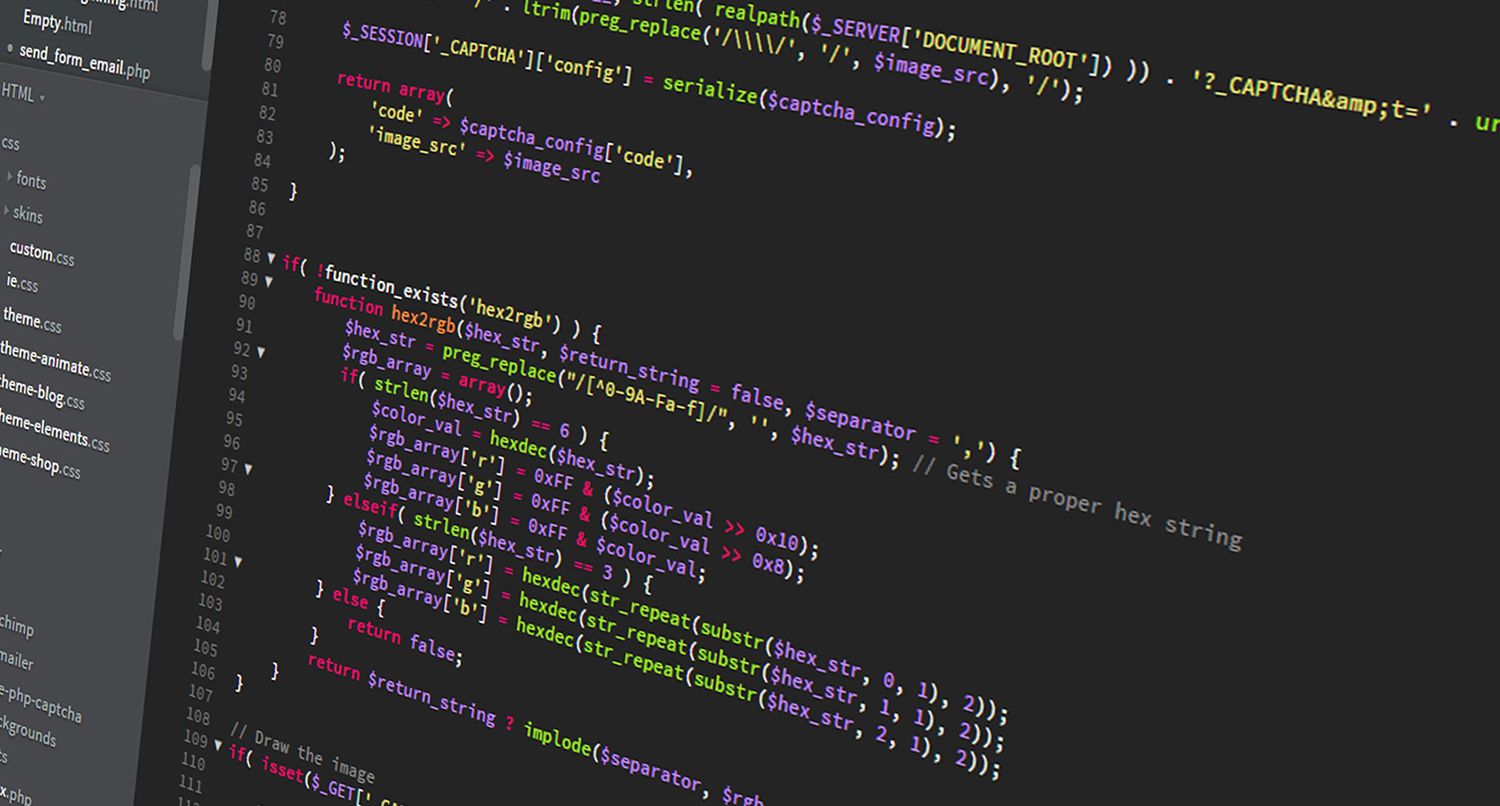Nowadays, a job in quality control can be demanding and fulfilling. A QA analyst and a QA tester are famous roles in this industry. Despite certain similarities, there are several significant variances between these roles. If not the most crucial, the duties of a QA team are to methodically examine a product in search of broken layouts, broken buttons, and improper design implementations. In this article, they used to compare QA testers and analysts and offer some additional quality assurance positions:
What is a QA Tester?
QA testers test software to ensure it adheres to strict standards and specifications. They develop test strategies and cases, carry out tests, and document and keep track of flaws. A bachelor’s degree in computer science or a closely related subject is often required of QA testers.
What is a QA Analyst?
Through testing, QA analysts are in charge of assuring the quality of digital products. To help product teams fix problems and raise the caliber of the product, QA analysts also compile thorough reports on their findings. Teaching additional team members the finest testing techniques may fall under the purview of QA analysts.
Difference between QA Tester and QA Analyst:
- Job Responsibilities:
QA analysts design test designs and carry out research using their knowledge. Additionally, Software testing courses online assess the efficiency of current QA procedures and develop fresh ideas for their advancement. QA testers do both manual and automated testing. Additionally, QA testers record every action they do while testing and preserve thorough records of their results.
- An environment of Work:
QA testers and analysts frequently work in distinct settings. The analyst typically works in an office setting, whereas the tester works on-site with clients or customers. Both professionals may work for software firms. The analyst may work from home offices or remotely. QA testers might travel to meet with clients or attend conferences where they can educate other experts about testing methods. They could also go to clients’ sites to evaluate things before they are released.
- Task Requirements:
QA analysts and testers often require a bachelor’s degree in computer science, engineering, or a closely related subject. QA automation courses provide you with knowledge of various software testing tools and procedures. Many entry-level positions do not necessitate a master’s degree in business administration or management, but some employers may favor applicants who do. These businesses provide training courses that show experts how to utilize various software testing tools and processes.
- Skills:
Critical analysis and problem-solving are similar talents that quality assurance analysts and testers use in their work. Both also frequently possess the capacity to write test cases, follow directions, and comprehend fundamental testing ideas. QA Testers utilize their technical expertise to test and determine whether a product complies with requirements. They also work with other team members, including engineers, to remedy any problems found by utilizing their interpersonal abilities.
Summing it up:
The role of the software quality analyst is to implement the methods and concepts of software quality assurance at every stage of the software development life cycle. A technician performs the required tests on software applications and programs to assure quality, design integrity, and proper functionality.




